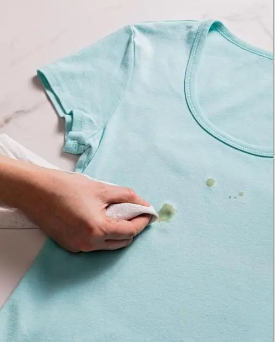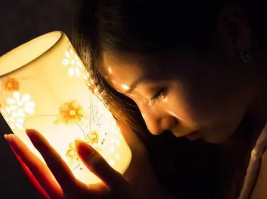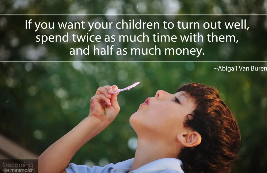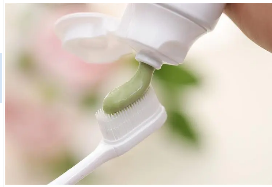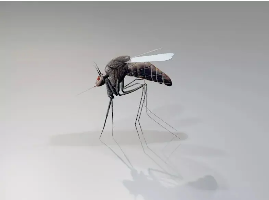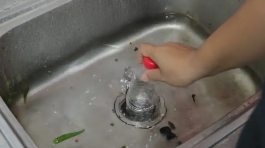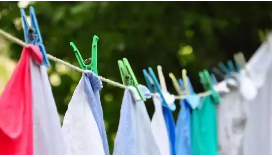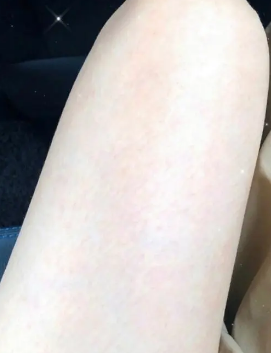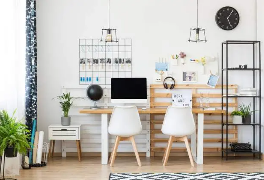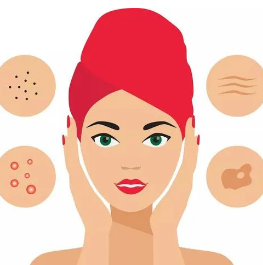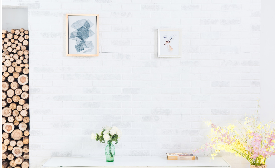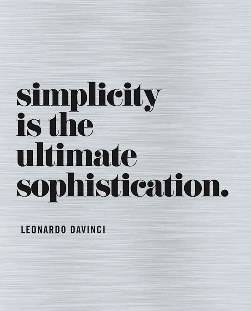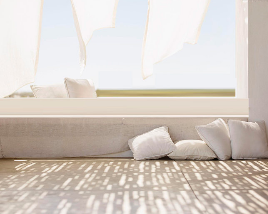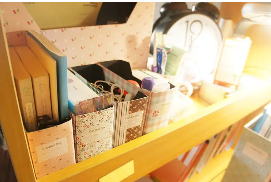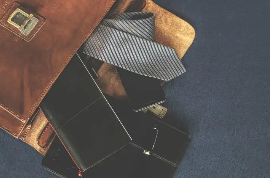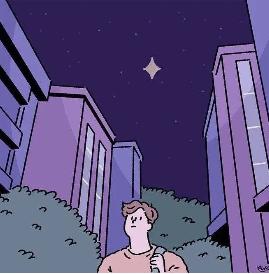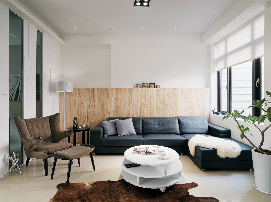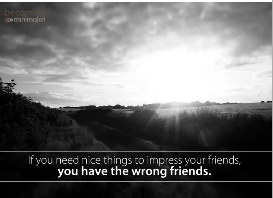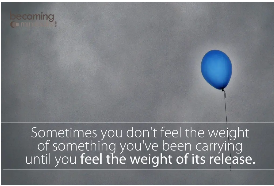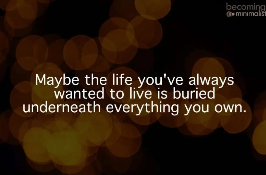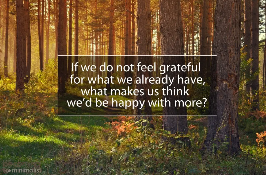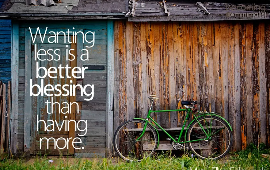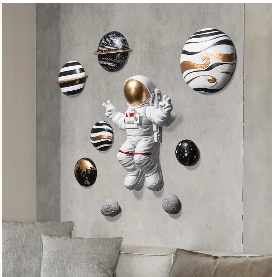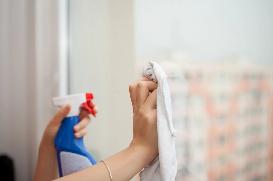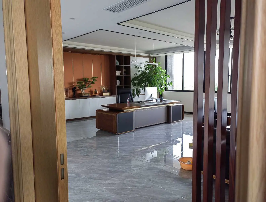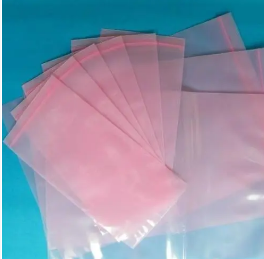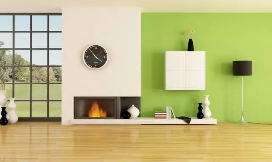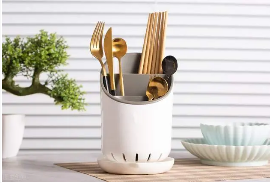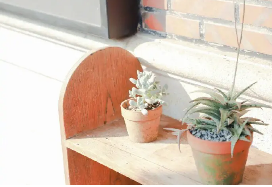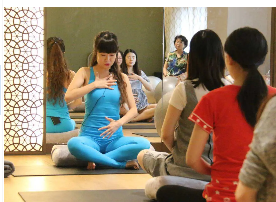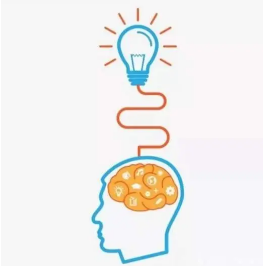How I went from being a shopaholic to a minimalist
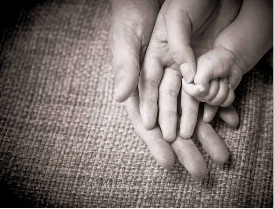
How did a shopaholic, hoarder turn into a minimalist?You may wonder how a shopaholic suddenly turned into a minimalist lifestyle advocate.I used to be a “discount shopaholic”. Every time I encountered the “Double 11”, “Black Friday”, “Cyber Monday” and other famous shopping holidays, I would make a big purchase. There is a “cheap where not to take advantage of the momentum”. I even follow a lot of fashion bloggers, they will regularly send a good “Amoy discount”, I naturally follow them “planting and weeding” countless.
Of course, the ensuing problem is that the home to a bunch of things that will not be used in a short period of time. For example, I also have two large boxes of toilet paper 3 to face wash, 5 bottles of shampoo, more than a dozen foundation, dozens of packs of sanitary pads, more than 100 lipsticks. These things may take me 2-3 years to use up. What’s even scarier is that I’m likely to start a second round of purchases when I’ve only used a little.
The second obsession is of course the financial one. As one’s working years increase, the savings do not increase. When I first graduated from college, I was a moonlighter, and now I’m still moonlighting. Credit cards feel like they can’t be paid off.
The third problem that comes along is that the house is always in a mess because there are too many things. Every time you make up your mind to clean up, it doesn’t take long to get messy again. Every time my parents make a surprise visit, I have to make a surprise cleanup. It made a mess.
As I get busier and busier at work, I feel more and more that this lifestyle is bothering me. Shopping doesn’t give me the same sense of pleasure as it used to. Every time I receive a new package, I feel guilty. I also feel helpless and upset every time I see a lot of useless things piling up in my house. Getting up and coming home to a messy house also makes my day start and end not very pleasant.
Because I usually have the habit of listening to some foreign bloggers’ podcasts, I happened to learn about the minimalist lifestyle. I then set out to learn more about it. I listened to a lot of podcasts about this, and also watched some bloggers who had been doing minimalist for several years share their experiences. I slowly started to try it out myself.
Five principles to help you get started
Although I have just practiced this lifestyle for a short time, my life has already been influenced by many positive influences. If you are like me and are not happy with the way you are living, you want to make some changes. I’d like to share 5 principles to help you get started if you want to try this lifestyle
Start by cleaning up your messy house!
Tidying up your house here may not be the same as “tidying up” before. If you want to make cleaning up your house a continuous thing, don’t try to clean up the whole house in one go. (This way you are likely to give up in the middle because you are too tired) You can try the following way
One. Tidy up one area every other day.
And start with the best place to clean up. For example, you can try to clean up the closet on Monday. Wednesday clean up the bathroom. Tidy up the kitchen on Friday, and so on. This way you will not be very tired each time, and usually after a week or two, you have unconsciously developed the habit of cleaning the house regularly.
Hold only the necessary items
Joshua and Ryan, two of the original proponents of the minimalist lifestyle, came up with a rule of 90. That is, when you organize your house, those items that you haven’t used in the past 90 days and won’t use in the next 90 days are the items you should get rid of.
But I’m not so thorough when I’m doing the decluttering, because it’s BEGINNER, I’m now sifting through it on a yearly basis. That is to say, items that have not been used in the past year, I will decisively give up.
Of course it would be a great pity if all these things were thrown away. There are three ways I currently take.
Sell: If it is a good quality and branded things (such as clothes, bags and so on) I will sell it in the second-hand platform. Currently I have 1793 income from selling second-hand items. It’s a great feeling to see items that have been sitting around the house for a long time and have a new owner.
Donate: I don’t donate things blindly, either. Thicker clothes, such as cotton clothes, sweaters, and other clothes, I will be directed to donate to remote areas. Because they are usually more lack of winter clothing. Skirts or short sleeves such as remote areas do not play a role in clothing, I will donate to the community collection boxes or Uniqlo.
These two ways will usually first screen the things you donate whether they have reuse value, if not, they will be recycled into something new. It is also considered to make some contribution to the environmental cause.
Throw away: Some of the items that have less recycling value, I will choose to throw away. Still must be determined to be decisive, to believe that you really do not use these things. Why not let them move some space for the things you really love
Just talked about how to clean out the things you need. But if you throw things away while adding new things to the house, the house will continue to be cluttered. So the second principle of minimalism is: stop chopping and buying. Minimalists have a famous saying: buy want you need, don’t buy what you want.
Indeed, most of the time we shop now, not because we need something. We can ask ourselves: do we really need so many lipsticks with only a tiny difference in shade? Do we really need so many new clothes? Do we really need to change our iphones as soon as they are updated? In the trend of consumerism, we are sometimes impulsively consumed by advertisements, by big V, and by KOL. So how do we curb our desire to consume?
Throw things away regularly
If you get into the habit of getting rid of things you don’t need first, when you want to buy something again, you will think about whether you really need it. You will also give up buying because you are worried that the future fate of the thing is to be thrown away.
Delayed gratification
Impulsive spending is very powerful. You may want to put a limit on yourself, when you want to buy something, first make yourself wait for a week, and if after a week, you can still think of the thing, in the consideration of buying it or not. But in reality, most of the time, we rarely think of that thing again.
1 in, 1 out
What does this mean? If we only need to hold what we have to, then you should get rid of one thing after you buy a new one. Otherwise that new thing you bought is actually an extra item.
Get into the habit of forced savings
The sky is the limit, we do not know when we will need urgent money, so we must have the habit of saving. But before, as a moonlighter, I spent every month just to pay off my credit card, where there is no savings. But now that I’ve cut back on my spending, I have some money left over each month, so I’ve started to get into the habit of saving forcibly. With an emergency account, I feel less anxious about my life, and I don’t worry that I won’t be able to cope with any unexpected situation.
Of course, in addition to emergency account, you can also create some additional accounts, such as: dating special money. For example, a special travel account. These special accounts will help bring more good life experiences.
Don’t go out when your house is in disarray
Imagine you come home after a busy day and want to take a good rest, only to see the dishes in the sink, a pile of dirty clothes in the washing machine, and a messy table, you must feel terrible when you are tired, anxious, and irritable.
So in addition to the regular house cleaning habits we have developed above, but also to ensure that every time you go out, the house is not messy, so that the end of the day’s work back home, the mood will be very happy, we can also be more and more home as a relaxing, warm haven.
Quit social networking regularly
You might want to try looking at your phone’s power report afterwards to see where your daily and weekly power consumption is mainly consumed. I have tried asking people around me, including looking at my own report, and the main consumption of electricity on my phone is on social networking software like WeChat, Weibo, and so on. This is followed by short video software and mobile games.
Battery usage
I don’t know if you will be at work or study, always can’t help but open the circle of friends to refresh, and then go to a like, comment, unknowingly half an hour has passed. Time consumed not to mention, more likely, your continuous work will be interrupted. Energy is more difficult to focus.
So you can try
Staying away from social software or even your phone for a while when you need to be highly concentrated
A good idea is to set a time limit for yourself. For example, every 45 minutes, take a 15-minute break. This way you can stay focused for a longer period of time, while greatly improving your work and study efficiency. This approach is especially suitable for exam parties.
Do not bring the phone into the bedroom
There is a segment on the Internet that says that after we say good night, we usually lie in bed and play with our phones for an hour or so. I believe this is a true reflection of most people (including myself). Lying in bed and playing with the phone not only affects everyone’s eyesight, but more importantly, it affects everyone’s sleep. Not only will your time to fall asleep be delayed, but falling asleep will also become more difficult. A good alternative is to bring a book into the bedroom, especially a cozier one, or a healing one, which will ensure that we fall asleep with a good mood.
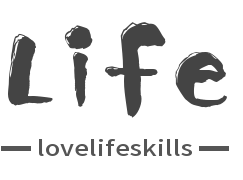

 English
English 






